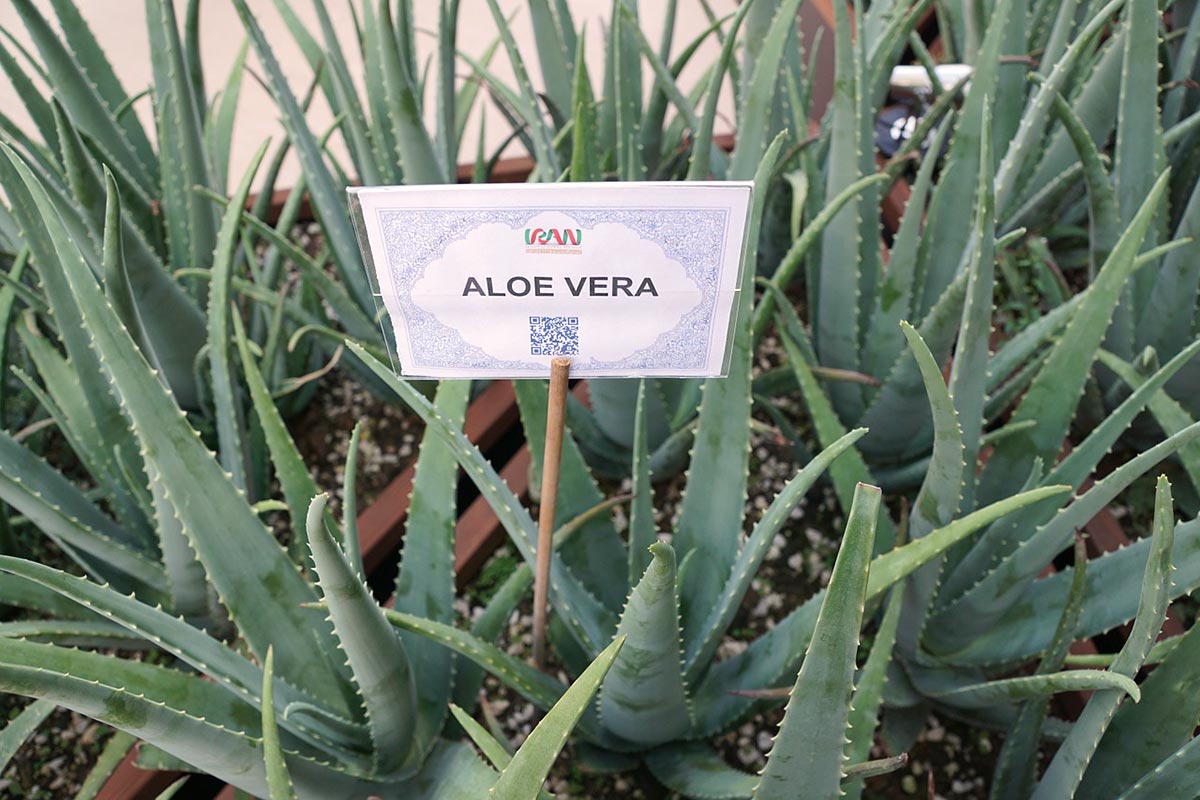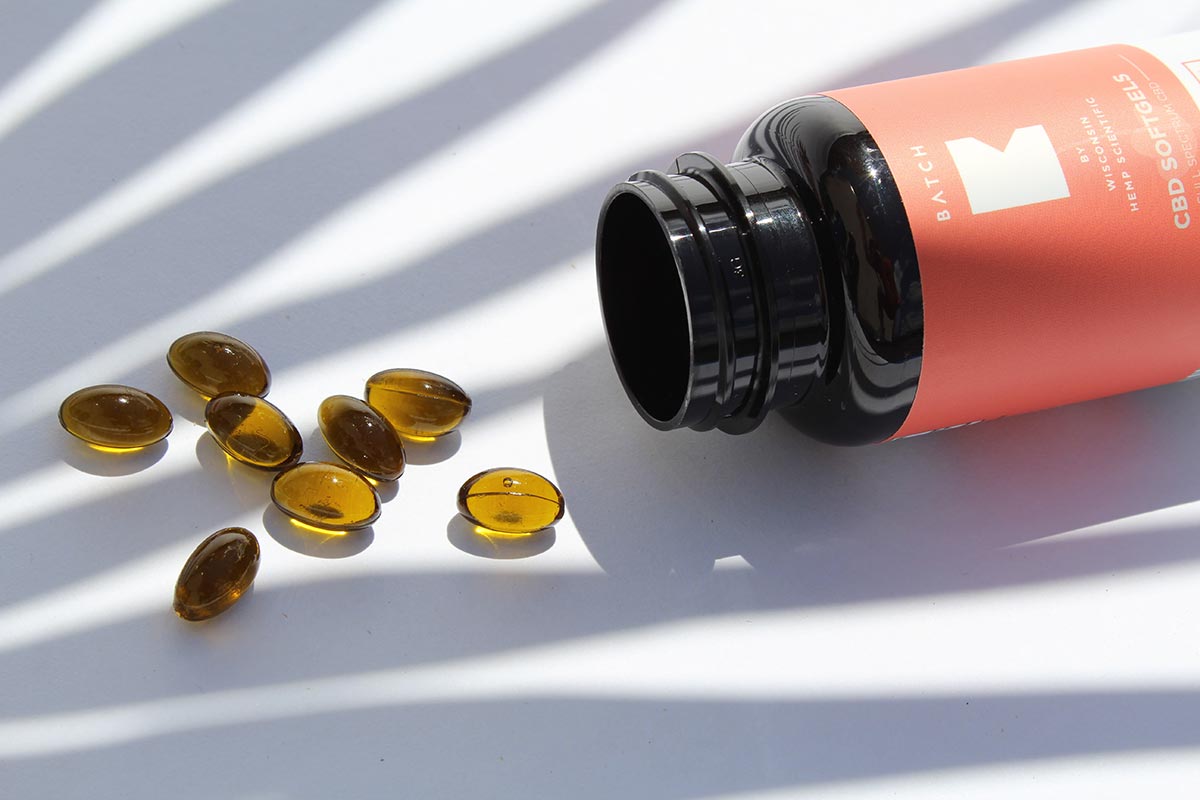Joint pain and arthritis can significantly impact the quality of life, making even simple movements a painful challenge. While conventional medications like NSAIDs and corticosteroids can offer relief, many people seek natural remedies that complement medical treatments and minimize side effects. Numerous herbs and plant-based extracts are celebrated for their anti-inflammatory and pain-relieving properties, offering a gentler approach to managing arthritis and joint discomfort.
Herbal Allies for Arthritis Relief
Aloe Vera: The Natural Soother
Known as a healing marvel, aloe vera has been used for centuries to alleviate pain and inflammation. This succulent plant is rich in vitamins A, B, C, and E, all of which possess antioxidant and anti-inflammatory properties. Aloe vera also contains glucosamine, a compound naturally found in cartilage, making it particularly beneficial for joint health. It can be consumed as a juice, taken as a capsule, or applied topically as a gel to soothe swollen and aching joints.
Boswellia: The Ancient Healer
Also known as frankincense, boswellia resin has long been treasured in Ayurvedic medicine for its potent anti-inflammatory effects. The active compound acetyl-11-keto-beta-boswellic acid (AKBA) helps regulate immune responses and reduce inflammation in the joints. Modern research supports boswellia's efficacy in managing arthritis symptoms and improving joint function.
Ginger: The Spice of Life
Ginger, another Ayurvedic staple, is a culinary and medicinal powerhouse. Packed with gingerols, this spice helps block inflammatory pathways and reduce joint pain. Studies show ginger’s effectiveness in relieving symptoms of osteoarthritis, with fewer side effects than many pharmaceutical alternatives. Whether added to meals, consumed as tea, or taken as a supplement, ginger is an accessible remedy for daily use.
Willow Bark: Nature's Aspirin
Used for millennia, willow bark contains salicin, a precursor to the active ingredient in aspirin. It offers relief for joint pain, especially in conditions like osteoarthritis, without the harsh side effects associated with synthetic drugs. Willow bark tea or supplements can be an excellent addition to your pain management routine.
Cat’s Claw: A Jungle Treasure
Derived from a Peruvian vine, cat’s claw is rich in anti-inflammatory phytochemicals, including alkaloids and flavonoids. Traditionally used by indigenous communities for its medicinal properties, modern research confirms its effectiveness in reducing arthritis symptoms. However, be cautious to differentiate it from the northern Mexican variety, which lacks these therapeutic benefits.
Emerging Plant-Based Remedies
Avocado-Soybean Extract (ASU): The Modern Marvel
Avocado-soybean unsaponifiables (ASUs) combine the oils of avocados and soybeans to deliver powerful joint support. ASUs block pro-inflammatory chemicals, protect synovial cells, and may even encourage connective tissue regeneration. With a proven safety profile tracked for over 15 years in France, ASUs represent a promising option for those seeking natural arthritis relief.
Bromelain: Pineapple’s Secret Weapon
Bromelain, an enzyme derived from pineapples, boasts anti-inflammatory and analgesic properties. It has been shown to reduce swelling and improve joint mobility, making it a valuable addition to arthritis treatment regimens. Bromelain supplements are widely available and are generally well-tolerated.
The Role of Anti-Inflammatory Spices
Spices like turmeric and garlic are not only kitchen staples but also potent natural remedies for inflammation. Turmeric contains curcumin, which has been extensively studied for its ability to reduce arthritis symptoms. Garlic’s sulfur compounds can help modulate immune responses and reduce joint inflammation. Incorporating these spices into your diet is a simple yet effective way to support joint health.
Patience and Precautions
While natural remedies offer numerous benefits, they often require time and consistency to show results. The efficacy of these treatments depends on factors like the severity of arthritis and the individual’s overall health. Before replacing or supplementing your medications with herbal alternatives, consult a healthcare provider. They can guide you in integrating these remedies safely and effectively while monitoring your progress.
Natural remedies for joint pain and arthritis provide a gentler, complementary approach to managing these chronic conditions. From aloe vera to avocado-soybean extract, these time-tested solutions can help reduce inflammation, alleviate pain, and improve mobility. Combining these remedies with a balanced diet, regular exercise, and proper medical care ensures a comprehensive strategy for maintaining joint health and overall well-being.
Before starting any new treatment, always seek the advice of a healthcare professional to ensure the approach aligns with your specific health needs. With patience and a holistic outlook, you can take meaningful steps toward managing joint pain naturally and effectively.
This article is editorial in nature and does not constitute medical advice. Always consult a physician for any health-related concerns, whether psychological or physical.













